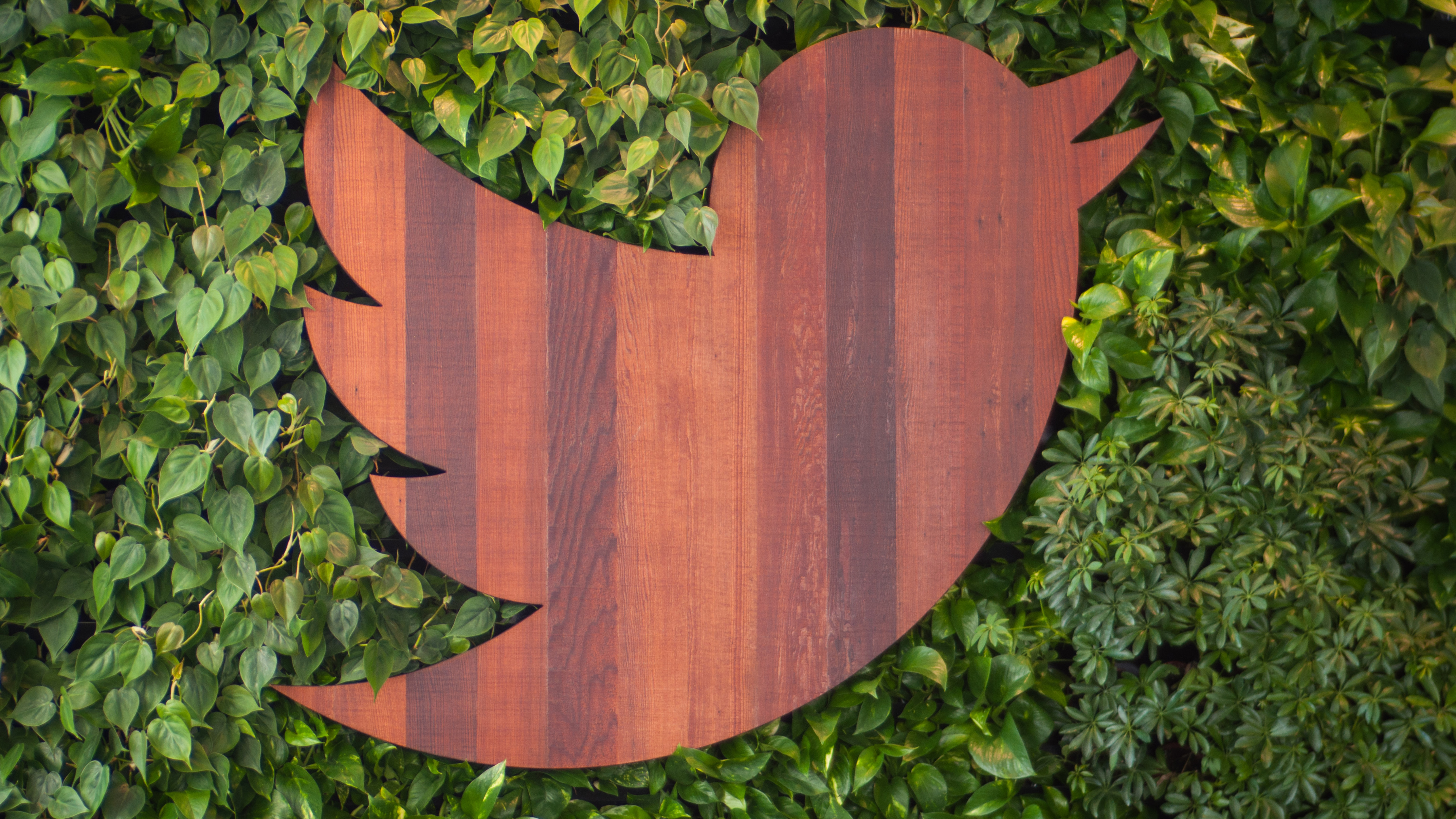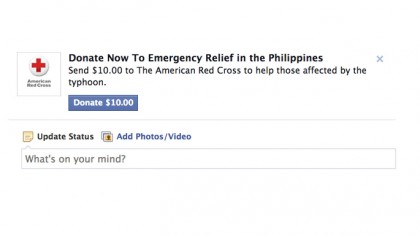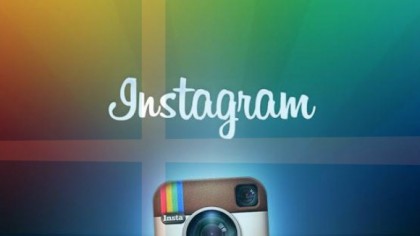Dealing with disaster: how social media is helping save the world
Twitter Alerts and Facebook posts could save your life

In emergency situations, when fleeting seconds can be the difference between life and death, instant social mediums like Twitter have proved invaluable.
Whether it is members taking heed of the hashtagged, location-aware updates from those also affected by natural disasters, or others receiving vital communications from news organisations, emergency services and aid organisations on the ground, lives have undoubtedly been preserved. Beyond that, an estimated 76 per cent of Americans have used social media to let their families know they're ok, during a disaster… and that was in 2010.
However, Twitter and other tech companies like Google and Facebook, aren't just allowing themselves to be channels for communication in times of need, they're taking the initiative, eager to display an understanding that with great social power, also comes great social responsibility.
As part of these efforts, Twitter recently rolled out its disaster alerts service in the UK. It highlights tweets and allows users to sign up for mobile push notifications when qualifying local, national and international organisations send out tweets relating to incoming weather emergencies, evacuation directions crowd and other "imminent dangers."

It is hoped that bringing these warnings to prominence on mobile devices can ensure people are able to get themselves out of dodge in a more timely manner.
Red alert
Google's has been helping people reconnect with loved ones in the aftermath of humanitarian and natural disasters. Person Finder was launched during the Japanese earthquake of 2011, and utilised again during the most recent devastation caused by Typhoon Haiyan in the Philippines, which left an estimated 10,000 dead and 600,000 displaced.
Worried friends and relatives can search for the status of a missing person, other users can fill in the gaps and, in the happiest cases, reunification can happen.
Sign up for breaking news, reviews, opinion, top tech deals, and more.
Beyond facilitating those crucial "We're all ok, folks" status updates for users, Facebook is also doing its bit by trialling a Disaster Message Board in Japan, which allows users to mark their friends as 'Safe' during an emergency. In times when phone services are almost universally down, these online tools can be hugely beneficial.
"Facebook is trialling a Disaster Message Board in Japan, which allows users to mark their friends as 'Safe' during an emergency."
Google also published a relief map showing locations for shelters, command centres and first aid stations in the Philippines, while following the devastation of a tornado in the US state of Oklahoma a Google Map was published showing the scale and rank of the damage, while also showing the tornado's path of destruction.
The most popular social network in Japan, Line was set up after the earthquake in order to facilitate free VoIP calls and instant messages when phone service was interrupted. It recently announced its 300 millionth member worldwide.
Aid Organisations
To aid organisations, like the Red Cross and FEMA in the United States, social media has become central to its rescue and recovery efforts.
During Sandy, 10,000 Instagram photos (#sandy) were uploaded per second, many complete with geo-tagged locations. That's an incredibly useful source for agencies desperately attempting to decide where best to focus their efforts.
"The Red Cross found its social media tools invaluable during the Sandy response. The data was a real-time pipeline of information on victims' needs," a representative told us. "The organization wanted to use that data to inform its entire operation."

The Red Cross also used social media to collect 2.5m posts for review, with its team of digital volunteers responding "to the public on behalf of the Red Cross using their own personal social accounts." Those messages offered words of help, support and comfort for frightened as well as information as to where they could seek counseling and support.
"Facebook and Apple have made it easier than ever to donate to organizations like the Red Cross."
Indeed the likes of Facebook and Apple have made it easier than ever to donate to organisations like the Red Cross, by placing prominent links to donations on its sites. Following Typhoon Haiyan in the Philippines, Apple enabled donations through iTunes as it has for previous crises.
A technology journalist, writer and videographer of many magazines and websites including T3, Gadget Magazine and TechRadar.com. He specializes in applications for smartphones, tablets and handheld devices, with bylines also at The Guardian, WIRED, Trusted Reviews and Wareable. Chris is also the podcast host for The Liverpool Way. As well as tech and football, Chris is a pop-punk fan and enjoys the art of wrasslin'.
